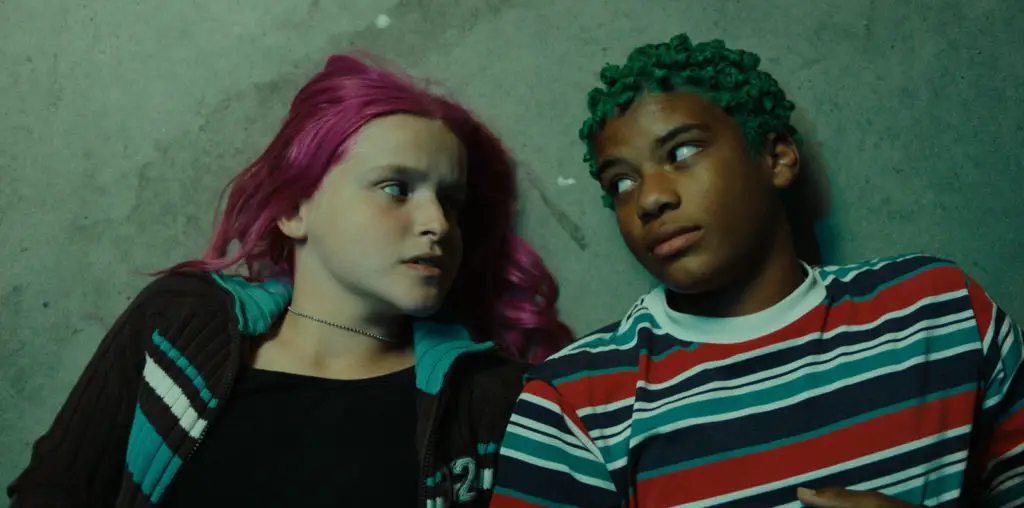
The tendency among actors who try their hand at directing these days is to emulate the styles of contemporary masters. Soderbergh and Tarantino are popular models. For his debut behind the camera, John Malkovich bucks the trend, embracing instead the atmospheric aesthetic perfected in the 70s by filmmakers like Michelangelo Antonioni.
“The Dancer Upstairs” takes place in an unnamed Latin American country in a year which also goes unspecified. Stranding the viewer without the usual Hollywood compass, advancing the action at a pace that’s hypnotically unhurried, Malkovich draws his audience into an almost palpable haze of languor and unease and it is this moral fog which is the picture’s true setting.
Oscar nominated Spanish actor Javier (Before Night Falls) Bardem stars as a lawyer-turned-police detective. In a country where corruption and ignorance are the norm, he is honorable and well educated, trading down professionally to eliminate the beaurocracy between his efforts and real justice. He is married to a woman who titters on about getting a new nose. He is the doting father of a daughter who studies ballet. His country may be poor but, within the walls of his home, life is reasonably good. Things are under control.
Outside those walls, however, all hell is breaking loose. A revolutionary who calls himself Ezequiel after the 6th century prophet has the country in the grip of terror. A figure whose legend over a decade has grown to Keyser Soze proportions, he seems to be everywhere and nowhere at once. Bombs explode in remote villages. Police officers and government officials are murdered. In town after town, dogs and other animals are hung from street lamps along with handwritten signs containing warnings, slogans and the words “long live President Ezequiel.”
As martial law is imposed by the country’s reactionary government, Bardem is assigned the task of tracking down the terrorist by his superior. With only a handful of clues, zero funding and a ragtag investigative team, the detective sets out to succeed where his country’s ruthless military machine appears doomed to fail.
The movie does an admirable job of juggling political, dramatic and comic elements. Juxtaposed with the film’s occasional grisliness, for example, are scenes of camaraderie and good humor between the veteran detective and the smart aleck young sidekick he’s taken under his wing played by Juan Diego Botto. You know, like Hollywood Homicide with brain activity.
Malkovich demonstrates sound instincts and a sure hand. Meditative stretches of the story are interrupted without warning by lightening flashes of violence. The film in fact contains two of the most searing, unforgettable sequences I’ve ever seen in a motion picture. They may have been dreamed up by Nicholas Shakespeare (on whose book the film is based) but it’s Malkovich’s rendering of them which guarantees they’ll make return engagements in your nightmares.
Bardem’s performance by itself is reason enough to see this. Kind of a Latin George Clooney, he’s an artist of uncommon gravity, economy and charisma. His are the perfect world weary eyes through which to watch this fable of moral ambiguity unfold.
The surprising degree of mastery evinced by the novice director is just icing on the cake. Made before September 11, “The Dancer Upstairs,” unfortunately, couldn’t be more relevant today. Malkovich’s account of the forces that fuel terror is fiction but sheds light on some of the reasons it’s become one of life’s sad facts.
